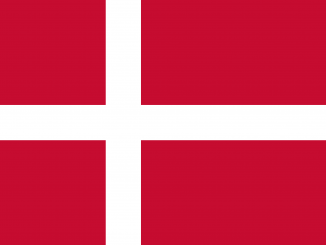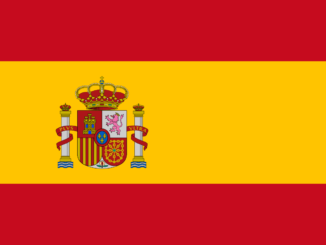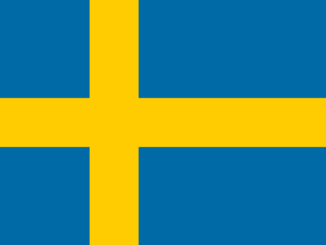 (Reuters) Those wondering why Swedish politics are set to lurch to the right in Sunday’s election need look no further than Ljusnarsberg, a tiny central county of dense pine forests and glistening lakes.
(Reuters) Those wondering why Swedish politics are set to lurch to the right in Sunday’s election need look no further than Ljusnarsberg, a tiny central county of dense pine forests and glistening lakes.
Many inhabitants of this once-booming region are uneasy about asylum seekers after a large number arrived here in 2015. Some also feel that Sweden’s widely admired tax and welfare model has left them behind.
Fears over globalization’s effect on industrial jobs, the pressure of an aging population and a failure to integrate minorities have boosted right-wing and anti-establishment parties from Italy and Germany to Britain and the United States.
Polls indicating one in five voters in Sweden are likely to back a party with roots in the far-right fringe on Sept. 9 show that even seemingly successful political systems are vulnerable.



